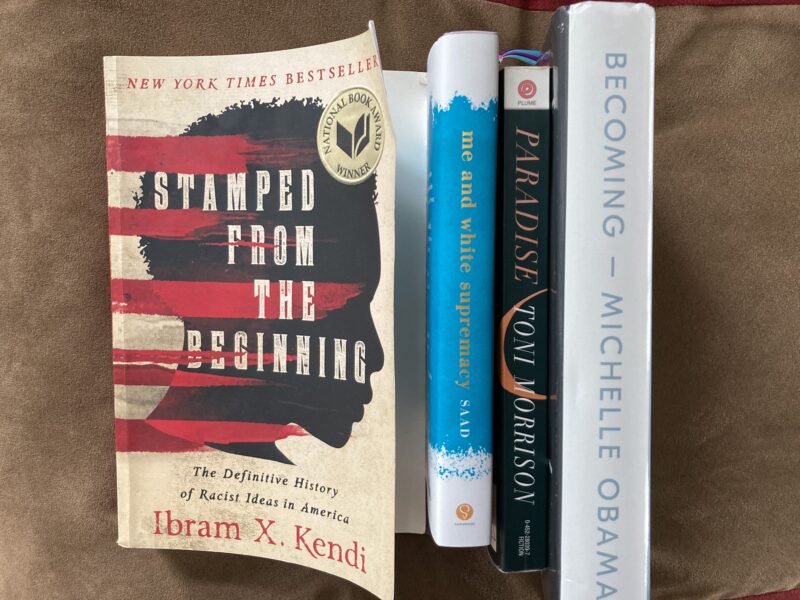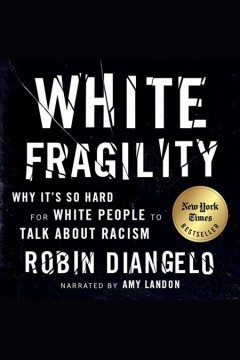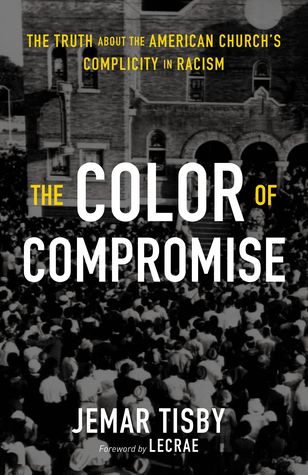As we face upcoming winter months, with fewer hours of daylight, increasing “pandemic fatigue”, and a divisive political climate, it would be easy to give in to despair. But I’m not going to, thanks to my secret weapon: joy.
According to Merriam-Webster, joy is “the emotion evoked by well-being, success, or good fortune or by the prospect of possessing what one desires”. However, I don’t like that definition, especially in the midst of a pandemic, because it’s situation specific. I believe one can have joy without success or good-fortune. It’s all about the verbs you choose for living your life.

In her book, The Gifts of Imperfection, Brene Brown, Ph.D. and L.M.S.W., draws a careful distinction between joy and happiness. According to Brown, happiness is a human emotion that depends on circumstances (like the Merriam-Webster definition), but joy is a spiritual way of engaging with the world that focuses on gratitude. Her research found that joyful people keep gratitude journals, do daily gratitude meditations, and make time in the middle of their busy days to actually say out loud, “I am grateful for _______.” While no one can be happy or joyful all the time, Brown found that the research participants who actively tried to build joy into their lives were ultimately more satisfied.
So what are some other habits to help us cultivate joy? At a recent writing conference, children’s author Claudia Mills shared several tips for “working happier, not harder” that I found immensely inspiring. First, she reminded us that little things add up to big things, for the good and the bad. If we have a hobby or a skill we want to work on, we shouldn’t be upset if we can only devote a few minutes each day to that activity. A daily practice will build up to lots of time, if you stick to it. So, think of the thing that fills your spirit and makes you feel joy – reading, writing, painting, meditation, exercise – and allow yourself just a little bit of time each day to do it.
Recently, I was discouraged I couldn’t get through more books! So many to read, so little time and energy! I used to read before bed, but often these days I’m so tired at night I can’t focus. I decided to set aside just 15 minutes at the beginning of the day to read, and now I’m halfway through a 600 page history book! (It’s Stamped from the Beginning by Ibram Kendi, an incredibly important read, btw.)
Claudia also suggested that we use envy as inspiration. Instead of being jealous about the success or situation of others, we should try to emulate the habits and practices that lead to success. Even more importantly, we should consider carefully who we envy, choosing to imitate the actions of people who have a high quality of daily life and exhibit true joy.
Finally, Claudia urged us to document and celebrate our achievements. By making time to pause and appreciate our accomplishments, even using a journal to list successes and compliments, we will focus our attention on what we have, instead of what we don’t. I keep a daily journal and need to remember to put those positives in my entries, highlighted with clouds and asterisks!
As the days shorten and our battle with the coronavirus continues, don’t despair. Find the things that fill your spirit and do them, even for just a few minutes a day. Don’t depend on your situation for happiness; do the verbs that will cultivate joy.
Happy Friday, and thanks for getting nerdy with me.













